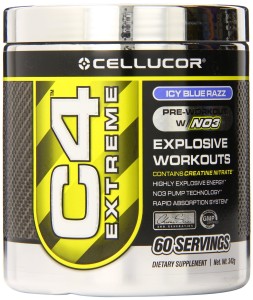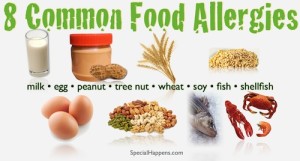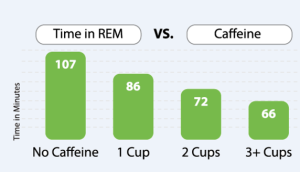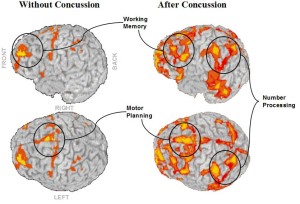Personally, I am more of a late night person rather than a morning person, so I was thinking does a lack of sleep really affect grades? I never really believed that more sleep would help me improve my grades because I have always just been used to not getting a ton of sleep, but sleep really can benefit grades. I wanted to try and learn more about this in order to allow myself to make more informed decisions about how I treat my body regarding the number of hours I sleep. Simply put, the better night of sleep that you get, the better chance you will have to achieve good grades.
Even though it is not easy to get a good night sleep all the time, it is important to try and provide yourself with a reasonable bedtime. Researchers from the McGill University and the Douglas Mental Health University Institute concluded that kids did better in mathematics and language classes when getting more efficient sleep. Efficient sleep is basically getting a good night of sleep that is uninterupted and long enough (Locker). A clinical psychologist, Reut Gruber setup an experiment that studied the sleeping patterns and academic grades of 75 kids that were between ages of 7 and 11 years old. The results were an enormous increase in grades in mathematics and language classes when the kids had more efficient sleep (Locker). This shows that parents should definitely make their children get in the habit of going to bed early.
If the kids who sleep well are excelling in certain subject areas, than what is happening to the kids who lack in the efficient sleep category? These kids are typically tired throughout the entire day which leads to them falling asleep in class or being unable to concentrate. An experiment was held that had a group of children get good nights of sleep for one week and bad nights of sleep for another week. The conclusion explained by the teachers was that during the week where the kids did not sleep well, they had many problems trying to focus or even stay awake in class (National Sleep Foundation). With knowing this study, parents should be getting their children in the habit of getting a good night of sleep every night.
Another study took 3,000 kids and followed their academic success. The students who reported having at least a B, got 17-33 minutes more sleep on week days than kids who achieved a C at best. The kids with lower grades were also found going to bed way later on the weekends than the kids who got B’s or better. 2.3 and 1.8 hours later on the weekend than week days respectively (National Sleep Foundation). This pattern is also shown in college students.
Clearly sleep is a big factor in learning and performing well in school. I am now definitely going to try getting more sleep every night of the week because I am up too late too often for no reason. Everyone has experienced going to class after not sleeping much and it is most definitely difficult to learn and stay alert, which is the most important part of doing well in school. With this being said, I do believe especially on weekends that there needs to be a combination of fun and sleep.


















 (coffee&health). To really diminish these effects on sleep patterns people should stop drinking caffeine completely if possible, otherwise they should drink a minimal amount per day.
(coffee&health). To really diminish these effects on sleep patterns people should stop drinking caffeine completely if possible, otherwise they should drink a minimal amount per day.


